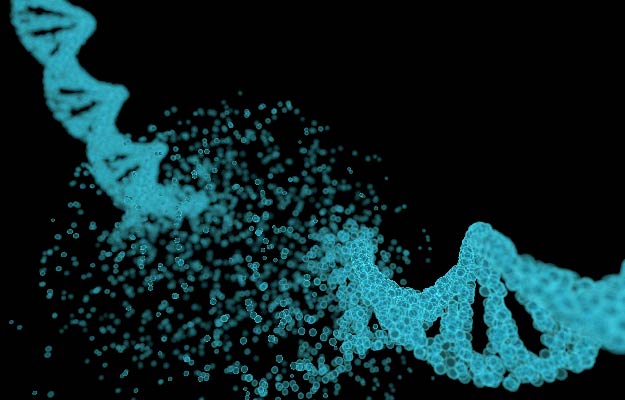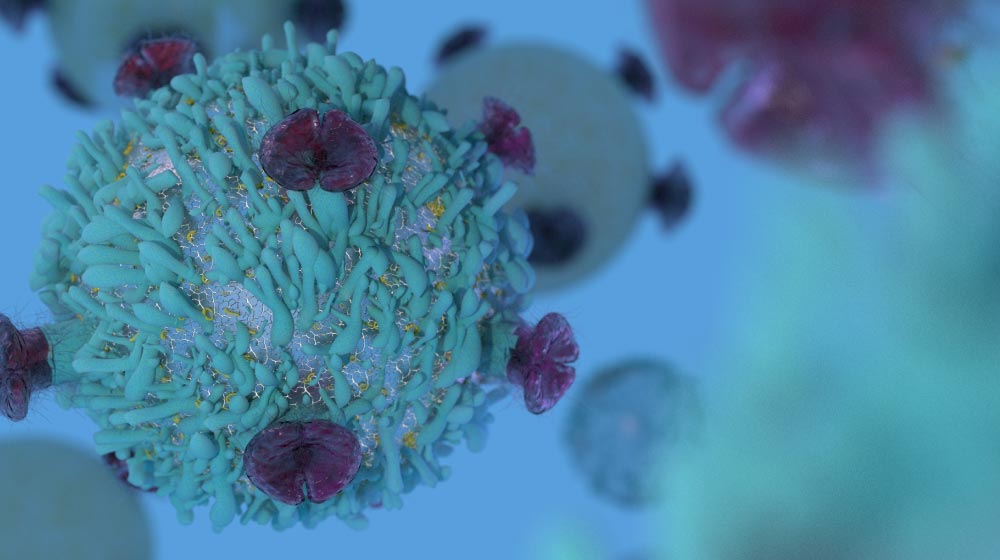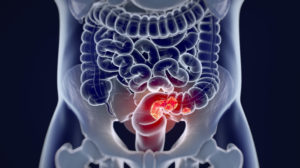While epigenetic alterations can be natural and possibly reversible, divergent epigenetic alterations play a vital role in the pathogenesis and development of specific types of peripheral T-cell lymphoma, including regulating the expression of genes and signal transduction.
Peripheral T-cell lymphomas (PTCLs) are a diverse group of rare and heterogeneous aggressive lymphomas. PTCLs are associated with poor prognosis. These develop from post-thymic, mature T-cells (white blood cells) or natural killer (NK) cells. T-cells are a group of non-Hodgkin lymphomas (NHL) with highly heterogeneous morphologic changes.
T cell, also known as T lymphocyte, is a type of white blood cell necessary for immune system functions. T cells and B cells work to determine and regulate the immune response and activate other immune cells.
Aberrant epigenetic alterations play an important role in the pathogenesis and development of specific types of peripheral T-cell lymphoma, including the regulation of the expression of genes and signal transduction.
The most common epigenetic alterations are DNA methylation and histone modification. Histone modification alters the level of gene expression by regulating the acetylation status of lysine residues on the promoter surrounding histones, often leading to the silencing of tumor suppressor genes or the overexpression of proto-oncogenes in lymphoma. DNA methylation refers to CpG islands, generally leading to tumor suppressor gene transcriptional silencing.
Read the original publication of this study here: Epigenetic alterations and advancement of treatment in peripheral T-cell lymphoma
This study reviewed the epigenetic changes in the pathogenesis of peripheral T-cell lymphoma and the advancement of epigenetic-targeted drugs in the treatment of peripheral T-cell lymphoma (PTCL).

Epigenetic alterations and advancement of treatment in peripheral T-cell lymphoma
Huilai Zhang et al. enrolled 82 patients to systematically investigate the potential associations between HDAC (a group of enzymes that removes acetyl groups from an ε-N-acetyl lysine amino acid on a histone, allowing the histones to wrap the DNA more tightly) or EZH2 (histone-lysine N-methyltransferase enzyme encoded by EZH2 gene) expression and prognosis in PTCL subtypes.
The results revealed that EZH2 and HDAC1/2 were frequently upregulated in patients with PTCL, and patients with higher EZH2 and HDAC2 expression usually exhibited a poorer survival rate.
HDACs, which are frequently dysregulated in cancer, represent the products of 18 genes and can be subdivided into 4 classes according to their homology with yeast HDACs, subcellular localization and enzymatic activity.
Takeaways:
- As epigenetic drugs implicated in lymphoma have been continually reported in recent years, many new ideas for the diagnosis, treatment, and prognosis of PTCL originate from epigenetics in recent years.
- Novel epigenetic-targeted drugs have shown good tolerance and therapeutic effects in the treatment of peripheral T-cell lymphoma as monotherapy or combination therapy.
- Epigenetic mechanisms provide new directions and therapeutic strategies for the research and treatment of peripheral T-cell lymphoma.
You can read the original publication of this study here: Epigenetic alterations and advancement of treatment in peripheral T-cell lymphoma





